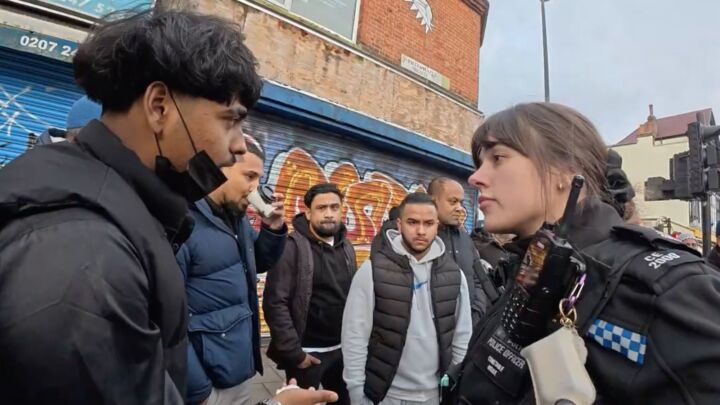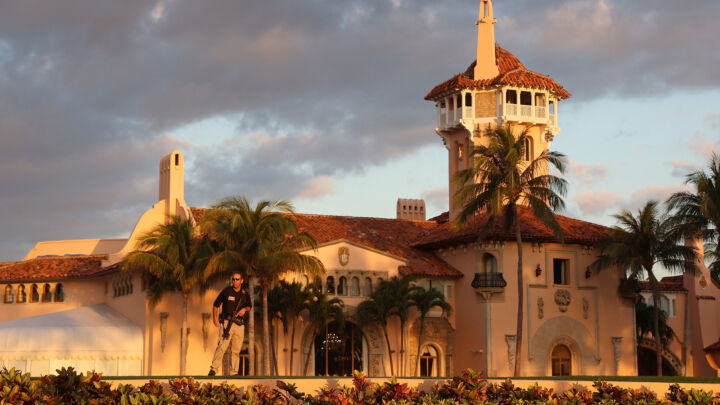Don’t reduce the drink-drive limit

Want unlimited, ad-free access? Become a spiked supporter.
The Police Federation for England and Wales, which represents rank-and-file police officers, has called for the legal limit for drink-driving to be reduced. But there would be very little benefit from such a reduction – and it could do a lot of harm.
The current limit in England and Wales is 80mg of alcohol per 100ml of blood. Any driver caught with a blood-alcohol level above that would face an automatic ban from driving for 12 months, regardless of the circumstances. The law takes no account of someone’s driving, or whether they were driving the morning after, or in other circumstances where they genuinely believed they were driving within the law – the offence is absolute. For most people, that means not driving after more than a couple of drinks.
In Scotland, however, the ban-happy SNP government reduced the legal limit to 50mg per 100ml in December 2014. Now it is claimed that even having one pint of beer could be enough to put someone over the Scottish limit. The result is that people are shying away from drinking at all when they’re driving – or are just not bothering to venture out to the pub. According to a survey in February, some bars in Scotland have seen sales fall by as much as 60 per cent. Even if the impact is considerably less than that overall, the new law has certainly had a detrimental impact on the hospitality industry – so much so that a Bank of Scotland report in April suggested the impact has been big enough to be noticeable in the overall health of the economy. The Bank of Scotland’s chief economist, Donald McRae, noted: ‘Manufacturing exporters have been affected by the falling Euro, while services businesses in hospitality are seeing a changing pattern of spending resulting from the lowered alcohol limit while driving.’
Someone with a blood-alcohol level of 80mg per 100ml is not, by any sensible definition, ‘drunk’. Their driving will be impaired a little, increasing the relative risk of an accident, but their absolute risk of causing an accident, let alone a serious one, is still vanishingly small (see ‘Why we need a limit on drink-drive laws’). Imposing mandatory sentences for any offence is a bad idea at the best of times, but to do so where no harm has occurred, and the risk of such harm is trivial, is even worse.
Reducing the legal limit on drinking and driving would only compound these problems. It would impose even more severe restrictions on the liberty of drivers to make a judgement about their own ability to drive and their freedom to have a drink. What’s more, bars will shut and people will lose their jobs. Cheers!
Rob Lyons is a columnist for spiked.
You’ve hit your monthly free article limit.
Support spiked and get unlimited access.
Support spiked and get unlimited access
spiked is funded by readers like you. Only 0.1% of regular readers currently support us. If just 1% did, we could grow our team and step up the fight for free speech and democracy.
Become a spiked supporter and enjoy unlimited, ad-free access, bonus content and exclusive events – while helping to keep independent journalism alive.
Monthly support makes the biggest difference. Thank you.







Comments
Want to join the conversation?
Only spiked supporters and patrons, who donate regularly to us, can comment on our articles.